Research
Oxford University ranked number 1 in the Times Higher Education (THE) World University Rankings for the eighth year running, and at the heart of this success is our ground-breaking research and innovation.
Oxford is world-famous for research excellence and home to some of the most talented people from across the globe. Our work helps the lives of millions, solving real-world problems through a huge network of partnerships and collaborations. The breadth and interdisciplinary nature of our research sparks imaginative and inventive insights and solutions.




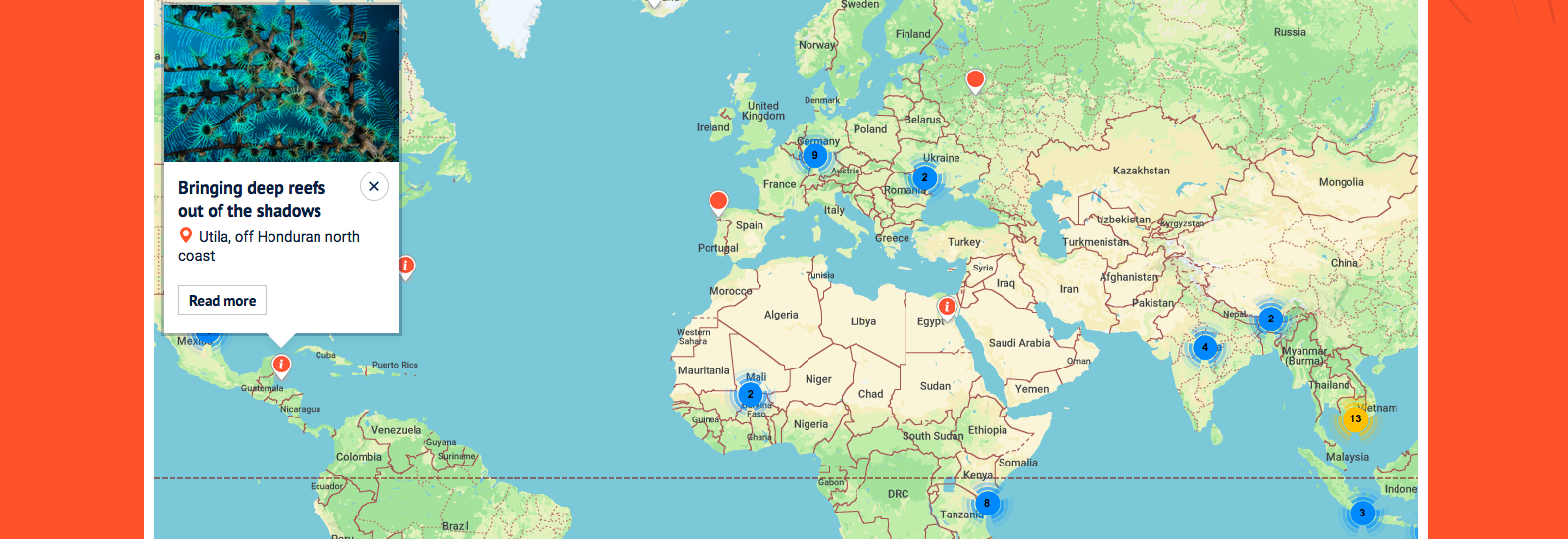

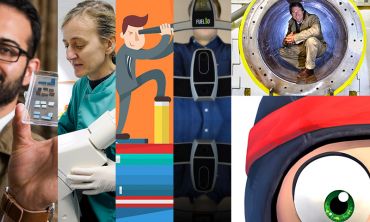


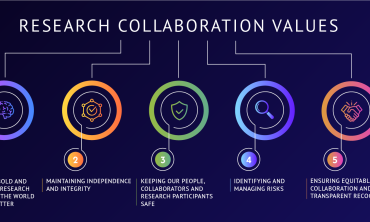
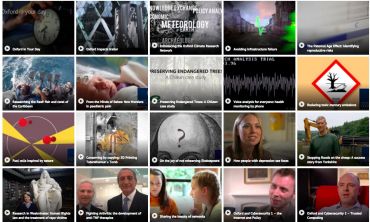
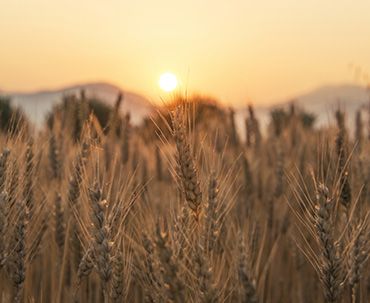
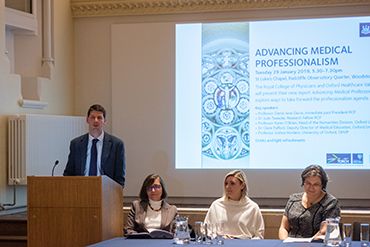
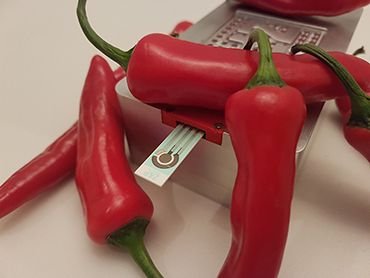
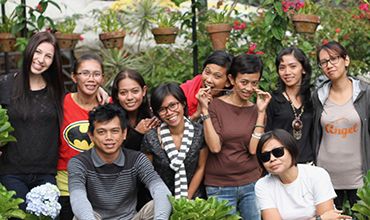

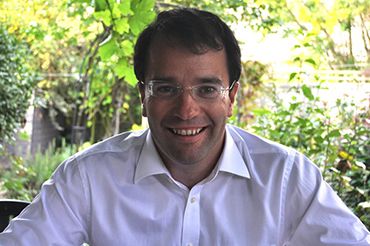
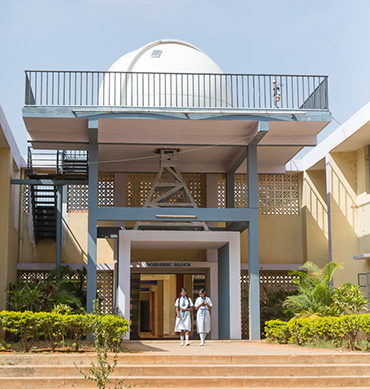

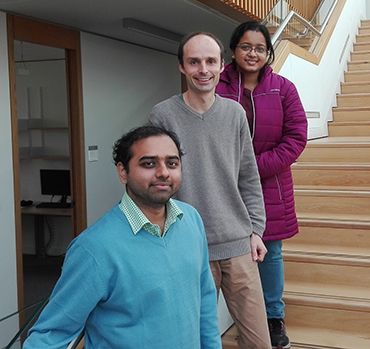

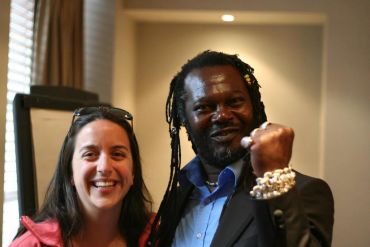
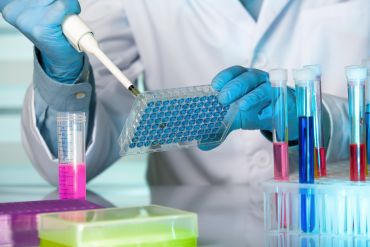

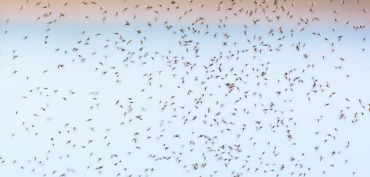
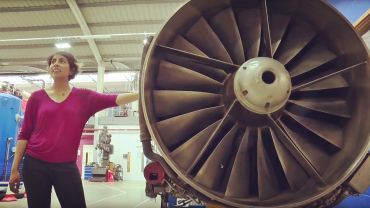
 Three Oxford researchers awarded Future Leaders Fellowships
Three Oxford researchers awarded Future Leaders Fellowships
 COVID-19 phone apps shown to provide real-time information on the spread of infectious diseases
COVID-19 phone apps shown to provide real-time information on the spread of infectious diseases
 Major UK Study Reveals Shifting Trends and Persistent Challenges in Heart Disease Over the Last 20 Years
Major UK Study Reveals Shifting Trends and Persistent Challenges in Heart Disease Over the Last 20 Years
 Oxford University research showcased at the 2024 Royal Society Summer Science Exhibition
Oxford University research showcased at the 2024 Royal Society Summer Science Exhibition
 First UK trial of Deep Brain Stimulation for children with epilepsy begins
First UK trial of Deep Brain Stimulation for children with epilepsy begins
 Effectiveness of large language models in political microtargeting assessed in new study
Effectiveness of large language models in political microtargeting assessed in new study

